Search Results
Showing results 1 to 20 of 34
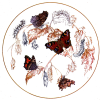
Build a Bug
Source Institutions
In this activity (on page 2 of the PDF), learners use art supplies to build models of insects, both real or imagined.
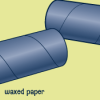
What's the Buzz?
Source Institutions
In this activity, learners construct a playable kazoo from inexpensive materials. They will experience how vibration creates sound waves and music.

Boomerang
Source Institutions
Learners trace, cut out and fly a boomerang, outdoors or in a large indoor space.
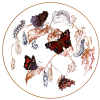
Make Your Own Butterfly
Source Institutions
In this activity (on the left side of page 5, continued on the right side of page 4 of the PDF), learners make models of colorful butterflies.
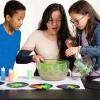
Exploring the Universe: Nebula Spin Art
Source Institutions
In this activity, participants will learn about how gigantic clouds of gas and dust in space, called nebulas, are formed. They'll create their own colorful model nebula using paint and a spinner.
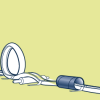
Thrill Ride
Source Institutions
In this activity, learners will build a roller coaster for a marble to run on using everyday household materials such as paper towel or toilet paper rolls, cups, boxes, books, buckets, chairs, etc.

Waterhouse Hawkins and the Nano Dinosphere Museum
Source Institutions
In this activity, learners explore dinosaurs and fossils by creating a diorama.
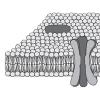
Build-A-Membrane
Source Institutions
In this activity, learners cut, fold, and paste paper representing biomolecules to create a three-dimensional cell membrane with embedded proteins.
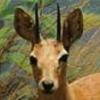
Make your own Antelope Horns!
Source Institutions
In this craft activity, learners will explore the structure and purpose of antelope horns by constructing their own headband using toilet paper rolls and yarn.
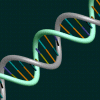
String Genome
Source Institutions
In this biology activity (page 5 of the PDF), learners use yarn and sticky labels to build a model of a DNA strand. They discover that DNA is very long, very skinny, and packs well into cells.
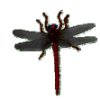
Going Buggy: Three Body Parts
Source Institutions
In this fun snack and craft activity, young learners make "Ants on a Log" and their own model of an insect. The purpose is to learn the three main insect body parts—head, thorax and abdomen.
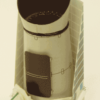
Kepler Paper Model
Source Institutions
In this activity, learners build a paper model of the spacecraft and photometer (telescope) used during NASA's Kepler Mission.
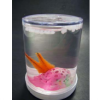
Coral Spawning Globe
Source Institutions
This activity models the mass coral spawning event that takes place at Flower Garden Banks National Marine Sanctuary every August.
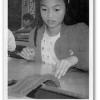
Clay Bridges
Source Institutions
In this activity, learners make bridges using an oil-based modeling clay (plasticene). The instructions include discussion questions for both before and after bridge building.
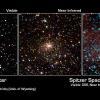
Colors of Stars
Source Institutions
In this activity, learners observe colors in the flame of a burning candle to explore connections between matter, light, color and temperature -- basic concepts of matter and energy.
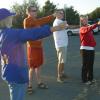
Does the Moon Rotate?
Source Institutions
This fun and simple hands-on astronomy activity lets learners make 3-dimensional models of the Earth and Moon.
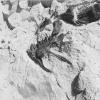
Fossil Dig Site
Source Institutions
In this activity (located on page 5 of PDF), learners work in groups to create dig sites for display.
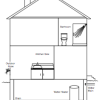
Be a Plumber
Source Institutions
In this activity (located on page 6 of the PDF), learners explore the ways people access water in their homes.
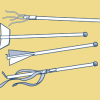
Blast Off!
Source Institutions
Students design and create their own air-powered rockets, in this hands-on activity.

Make a Dinosaur Model
Source Institutions
In this activity, learners explore dinosaur skeletons, anatomy, and locomotion. Learners compare and contrast dinosaur skeletons and drawings.
